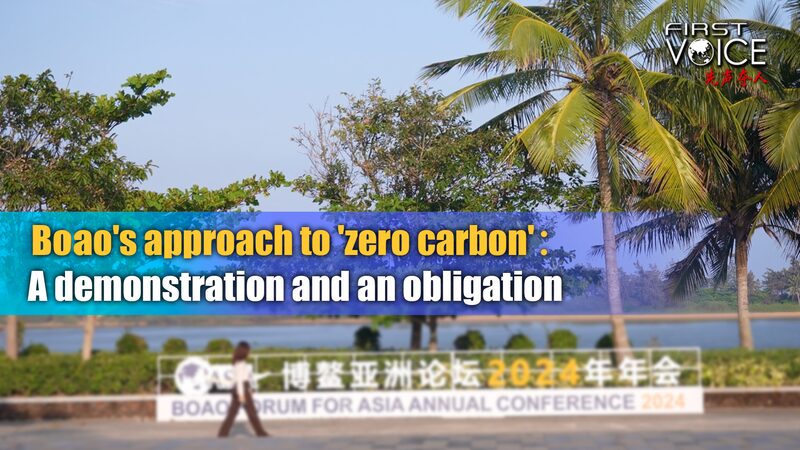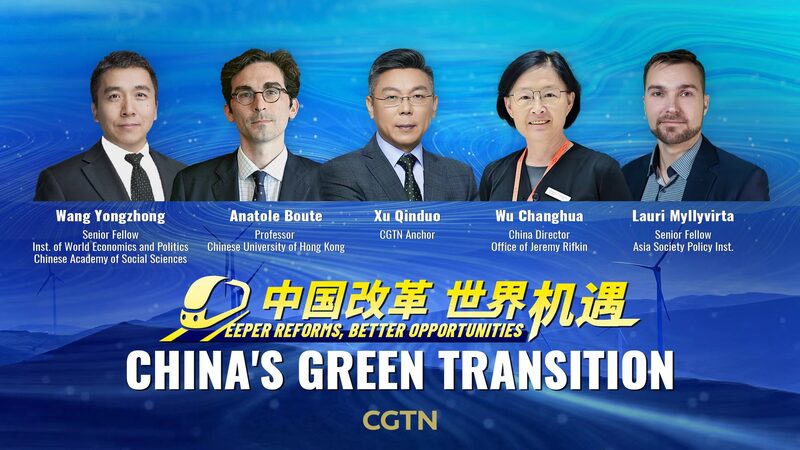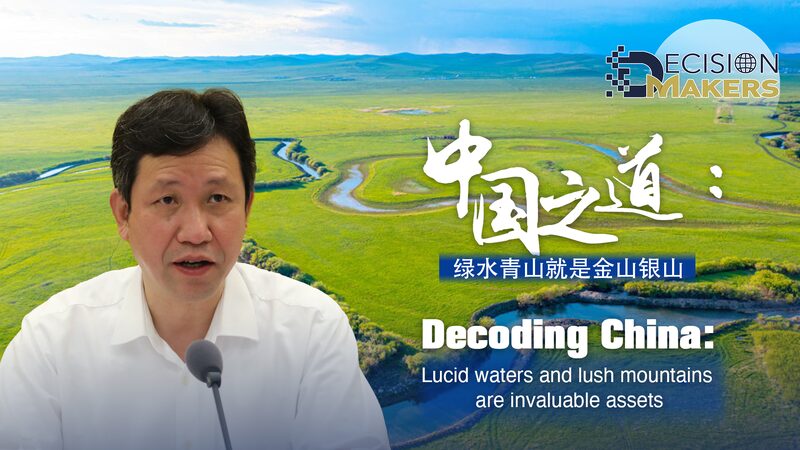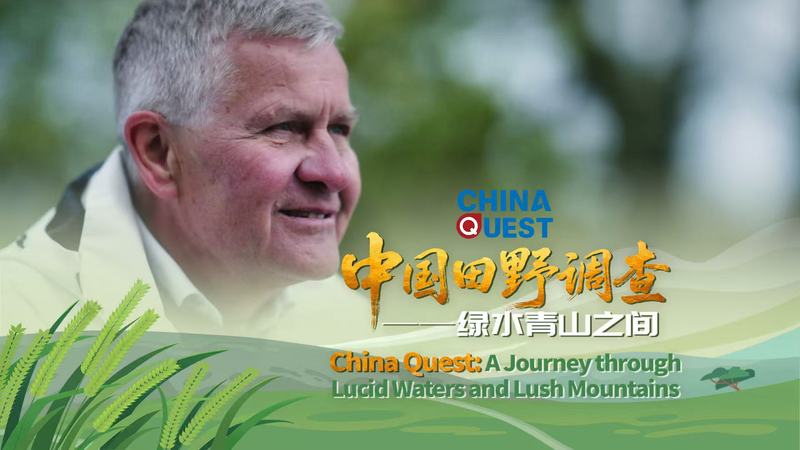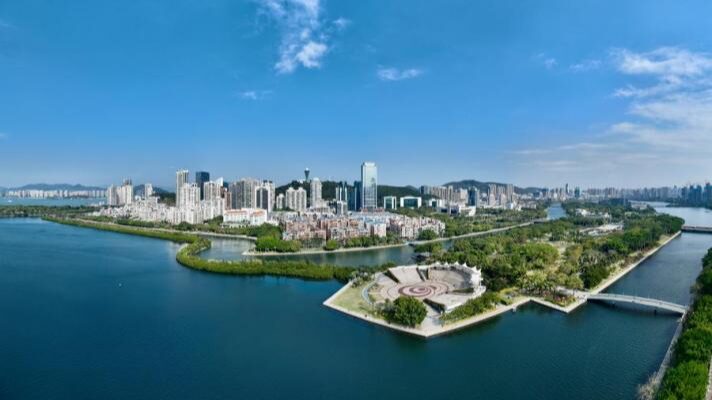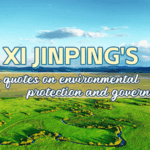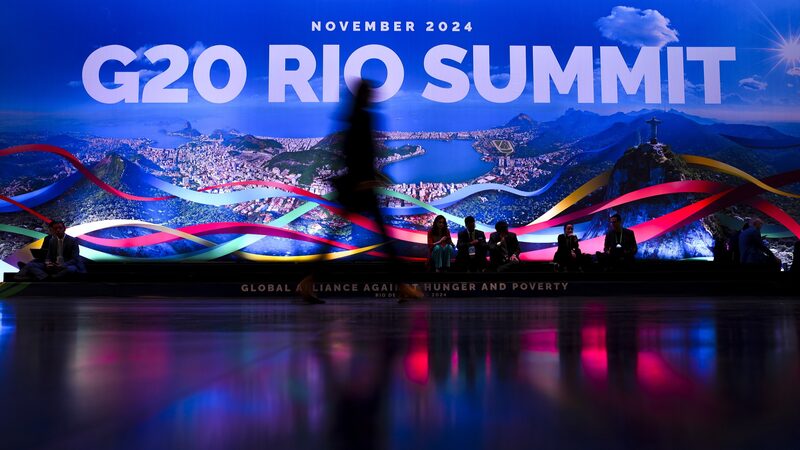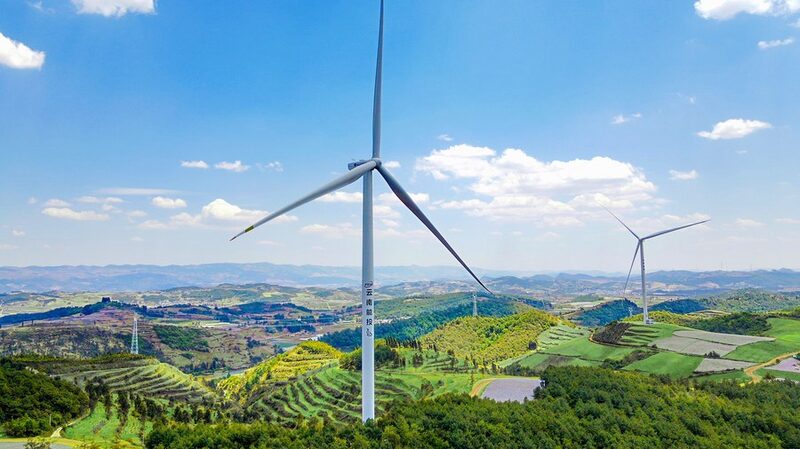As nations marked World Environment Day on June 5, China's dual celebration of its own Environment Day highlighted its transformative journey from addressing domestic pollution challenges to spearheading global ecological solutions. President Xi Jinping's philosophy that "lucid waters and lush mountains are invaluable assets" now underpins one of the world's most ambitious sustainability agendas.
From Theory to Action: The Ecological Civilization Framework
China's environmental strategy is rooted in Xi's ecological civilization theory, which harmonizes economic growth with environmental stewardship. This approach has driven measurable progress: Beijing's PM2.5 levels fell by over 60% since 2013, while nationwide investments in renewable energy created the planet's largest clean power infrastructure.
Accelerating the Low-Carbon Transition
The country's renewable energy capacity reached 887 gigawatts in 2024, with solar production growing exponentially. China now leads in manufacturing key green technologies, accounting for 80% of global solar panel production and 60% of electric vehicle batteries. Its national carbon trading system, launched in 2021, covers 2,162 power companies responsible for 4.5 billion tonnes of emissions annually.
Global Environmental Partnerships
Through initiatives like the Belt and Road International Green Development Coalition, China shares sustainable development expertise with over 40 countries. Analysts note this aligns with growing international demand for practical climate solutions that balance ecological protection with economic viability.
As climate scientist Dr. Li Wei observes: "China's model demonstrates that environmental investment can drive innovation-led growth. Their renewable tech exports grew 60% year-on-year in 2023 – this is development reimagined."
Reference(s):
China's role in ecological and global environmental governance
cgtn.com

